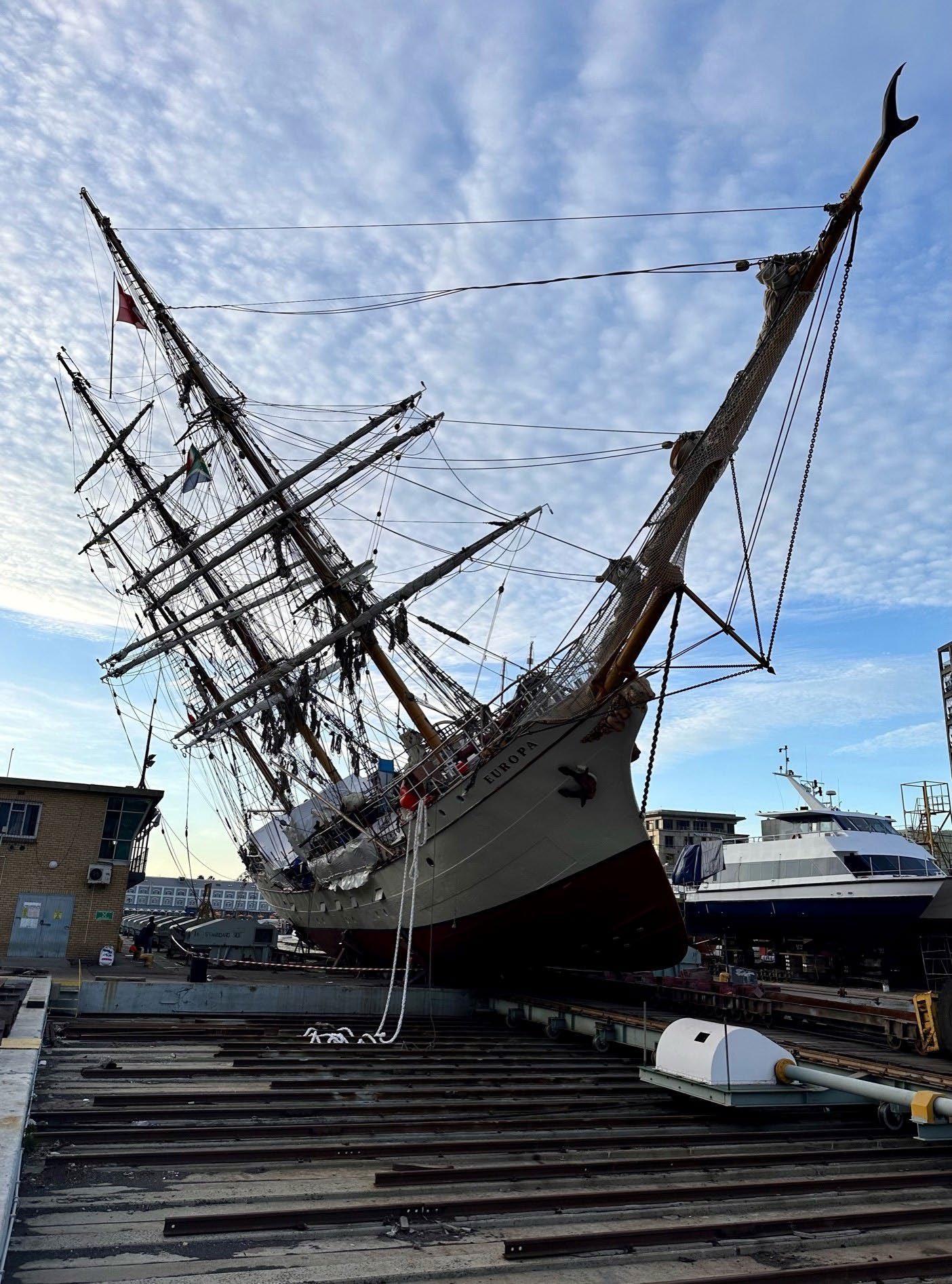
We apologize that the page or file you have requested cannot be found.
Please check the URL; go to the home page; or use the links above to find your desired information.
We apologize that the page or file you have requested cannot be found.
Please check the URL; go to the home page; or use the links above to find your desired information.